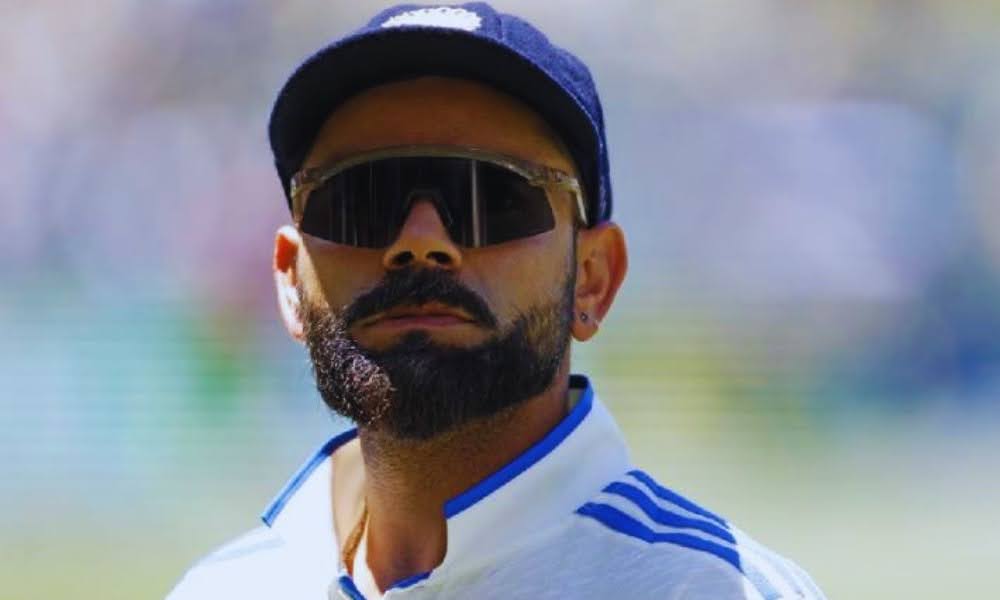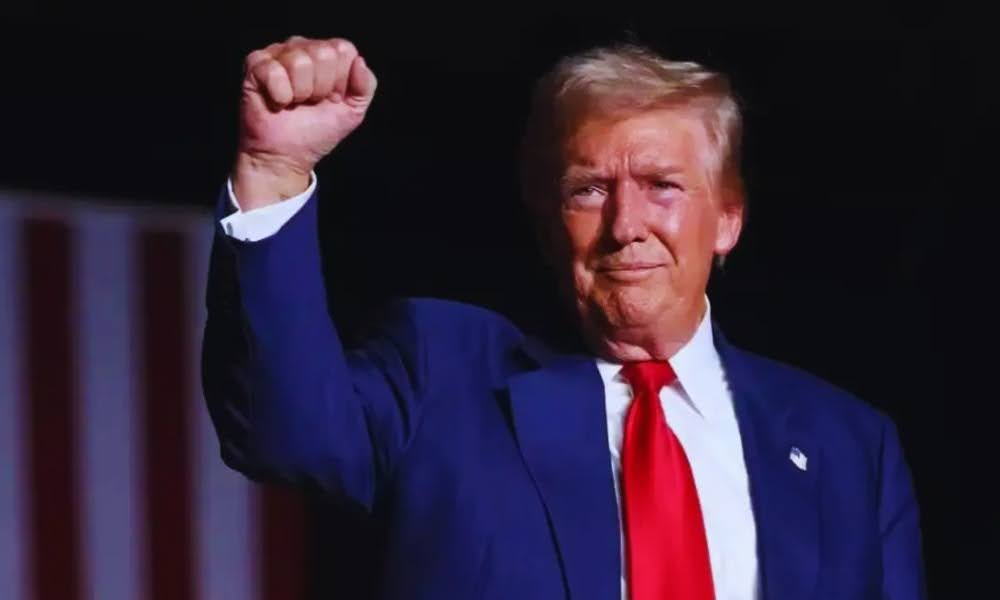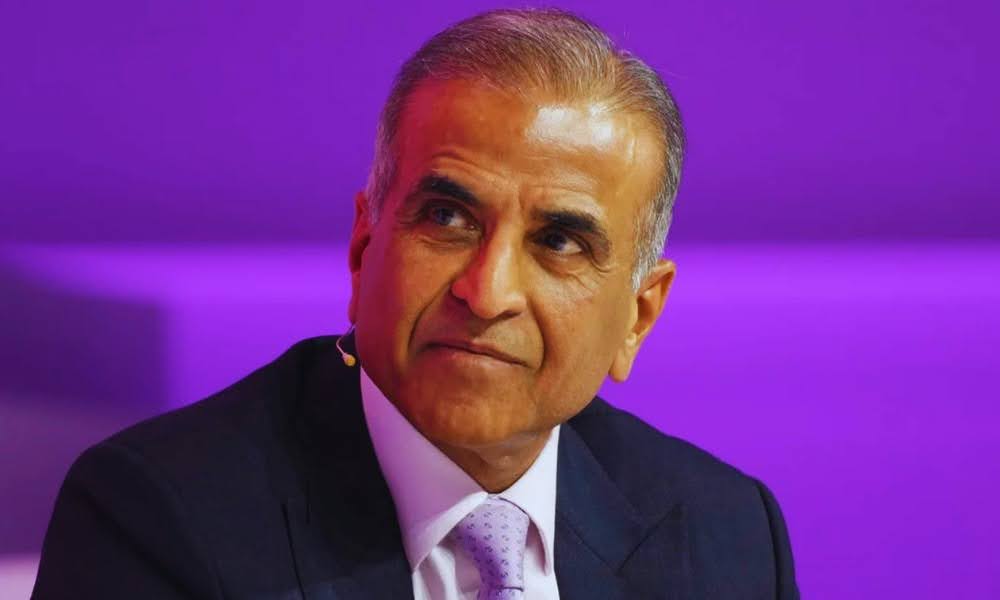From Setback to Success: How Rahul Sharma Rebuilt a ₹6,200 Crore Empire and Found Love with Asin

At the height of her acting career, Asin Thottumkal, known for her roles in Ghajini, Housefull 2, and Bol Bachchan, stepped away from the limelight.
The reason was her marriage to Rahul Sharma—a tech entrepreneur who played a pivotal role in transforming India’s smartphone landscape.
While Asin retreated into a quiet, luxurious family life, Rahul’s journey has been anything but low-profile. From starting with a modest loan to building a multi-crore manufacturing empire, Sharma’s story is full of dramatic turns.
The Man Who Beat Samsung
Rahul Sharma’s tech journey began in 2000 when he co-founded Micromax Informatics with Rajesh Aggarwal, Vikas Jain, and Sumeet Arora.
Initially focused on IT software solutions, the company made a game-changing move in 2008 by launching affordable mobile phones tailored to the Indian market.
By 2014, Micromax had overtaken Samsung in smartphone sales in India and even became the first Indian company to export smartphones to Russia.
Born in Delhi on September 14, 1975, Rahul Sharma holds degrees in Mechanical Engineering and Commerce from Nagpur University and the University of Saskatchewan, respectively. His interest in embedded technology laid the foundation for Micromax’s rise.
In a Bollywood twist, actor Akshay Kumar introduced Asin to Rahul in 2012. Sparks flew, and they married in 2016. Their daughter, Arin Rayn, was born in 2017. Following her daughter’s birth, Asin left the film industry to focus on family.
Micromax’s Meteoric Rise and Fall
Between 2010 and 2015, Micromax dominated India’s mobile phone market, achieving annual revenues between Rs 12,000 crore and Rs 15,000 crore. At its peak, the company held a 50% market share.
But the arrival of aggressively priced Chinese smartphone brands disrupted the market. Rahul Sharma compared the onslaught to a cricket match gone wrong: “Bouncer pe bouncer pad raha tha, full-toss pe bhi bowled ho rahe they.”
In 2014, Sharma rejected a $800 million (Rs 6,700 crore) investment from Alibaba, a decision he later regretted. “We thought we’d already beaten the Koreans and Finns; we could handle the Chinese too,” he reflected.
Reinvention Through Manufacturing
Micromax eventually lost its stronghold, especially after the COVID-19 pandemic. Indian brands were significantly impacted. Yet, Rahul Sharma wasn’t ready to bow out.
In 2017, he launched Revolt Intellicorp, introducing India’s first AI-enabled electric bike. Simultaneously, he transformed Micromax’s factories into manufacturing hubs for other companies.
Today, under Bhagwati Products Ltd (BPL), Sharma runs five operational factories with a turnover of Rs 6,200 crore.
“We are doing way better than what we used to do earlier. Most people wouldn’t know,” he said in an interview. Sharma chose to focus on tech innovation and contract manufacturing rather than marketing-heavy strategies.
The Micromax Comeback Attempt
In 2020, Micromax attempted a comeback targeting the sub-Rs 8,000 smartphone market, seeking to fill gaps left by Chinese brands. However, the results were modest.
Still, industry insiders suggest Sharma may be planning a fresh move, perhaps with new entry-level smartphones aimed at the Bharat market.
Despite Micromax’s decline, Sharma revealed in an interview with Nikhil Kamath that he is financially more successful now. “Today, our revenue is way bigger than what we used to do in our brand,” he said. Sharma emphasized that returning to core values helped him rebuild.
Learning from Setbacks
Sharma explained that instead of diversifying into real estate after Micromax’s downturn, he capitalized on existing infrastructure. “The factories we’d created for Micromax were already there. Why don’t we build on that, and start (manufacturing) for others? That’s what we started doing,” he shared.
With five factories now in operation and a leaner risk appetite, Sharma is focused on long-term sustainability. “In between, you try multiple things. What worked for us was sticking to our core. My core was to remain with tech,” he said.
In the same podcast, Sharma recalled declining the Alibaba deal. “We were raising around $800 million. The business was throwing so much of cash, we said, ‘We don’t need money’,” he admitted.
A New Chapter for Rahul and Asin
Introduced by Akshay Kumar, Asin and Rahul married in 2016. Since then, Sharma’s company BPL has seen tremendous growth, including international funding that increased revenue tenfold.
As of the latest reports, BPL’s turnover stands at Rs 6,200 crore, proving that Rahul Sharma’s second innings in business is not just a comeback—it’s a reinvention.









